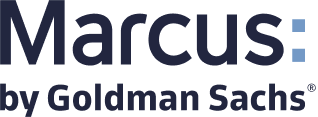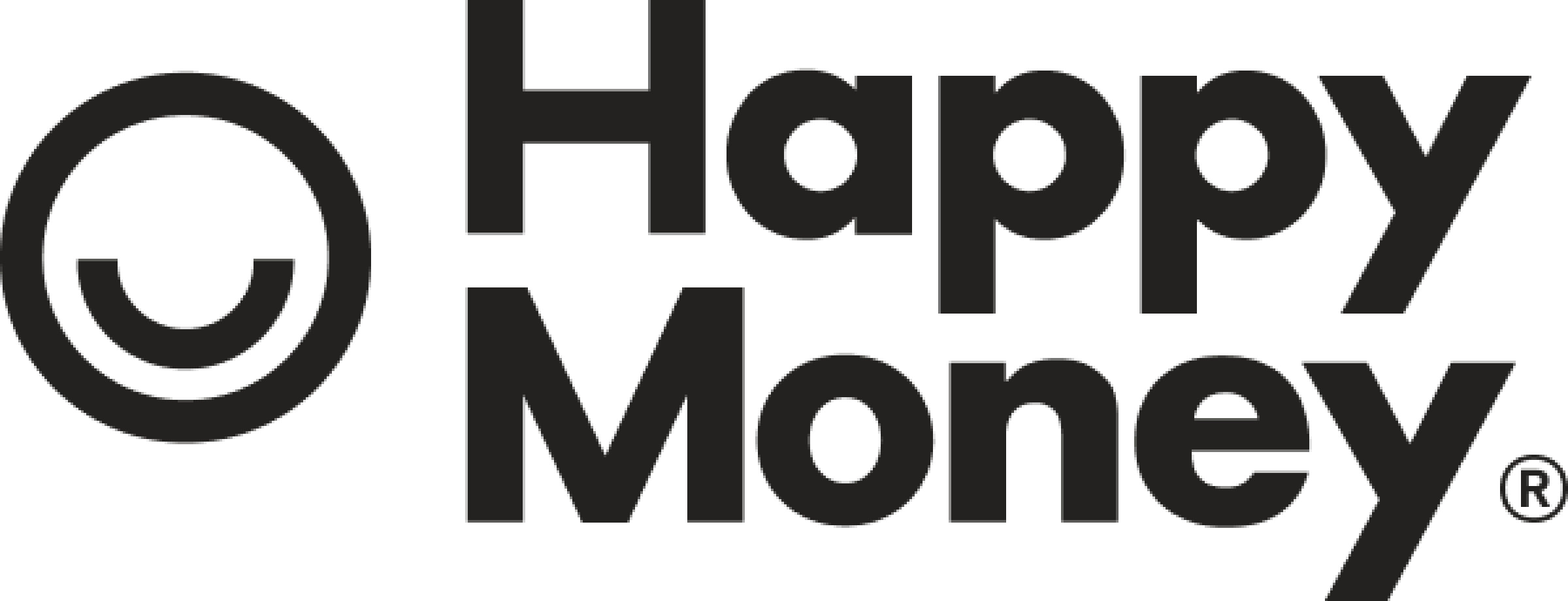We may earn an affiliate commission from partner links on the Entrepreneur Guide. These do not affect our editors’ opinions.
The flexibility that comes with a personal loan has made these loans a very appealing option to U.S. consumers. A personal loan can be used for various purposes, since they rarely come with spending restrictions. It’s common for a personal loan to help with debt consolidation, education, home renovation, vacations, weddings, or general emergencies. Personal loans have also become a standard option for people looking to start a new business.
The possibilities are virtually endless with a personal loan. You can find excellent loan terms, with lower interest rates and low APR (annual percentage rates). Whether you have excellent, good, or bad credit, loan options and offers fit your situation with competitive rates.
Most personal loans have interest rates that are locked in at the moment that they are signed. The bad news is that it will make taking out a new personal loan more expensive. You’ll need to look harder than usual to find a personal loan that you can manage safely. However, it’s worth the hard work because it can save you a lot of money in the long run.
Which personal loans have the best interest rates in 2023?
Regarding personal loan interest rates, you need to consider things like interest debt, higher interest rates vs. lower loan payments, lowest rates overall, and fixed interest rates range. Finding loan funds with competitive interest rates is massively essential.
You’ll also want to do a soft credit inquiry or free credit check to gauge your creditworthiness. Most financial institutions — such as banks and credit unions — will check your credit profile and FICO score and look for existing debt (along with loan purpose and assets in any checking accounts or savings accounts) before granting loan approval. Securing even a minimum loan amount or line of credit requires a minimum credit score, which also applies to personal loan lenders.
There are a lot of factors that you will need to take into consideration when applying for a personal loan. Ideally, you should look for the best personal loan offers with low fees, quick funding, a flexible payment structure, and high-quality customer support. While the interest rate is typically the most critical aspect of a personal loan, these are also essential qualities that you should consider.
Here is a list of the four best low-interest loans in 2023:
- LightStream
- SoFi
- Marcus
- Happy Money
Find a low-interest loan and save yourself some money
It’s no secret that the current times are callous for many Americans. The pandemic’s financial and economic ramifications will be felt for a very long time. More people are relying on personal loans to cover the costs of their various projects. Unfortunately, that typically causes the interest rates of new loans to increase.
These elevated interest rates mean that now may not be the best time to take a personal loan. However, if you need the money right now, you should start with the list featured above.
On the other hand, it might be a good idea to consider applying for a credit card instead. Depending on how much you need and when you can pay it back, it might be better to use a credit card with credit that resets every statement cycle.
Whatever you decide, make sure to take the time to consider all of your options before agreeing to anything. The last thing you want to deal with in today’s economy is being saddled in debt. Climbing out debt is tricky, so make sure you can handle whatever debt you take on.
Information provided on Entrepreneur Guide is for educational purposes only. Your financial situation is unique and the products and services we review may not be right for your circumstances. We do not offer financial advice, advisory or brokerage services, we do not recommend or advise individuals to buy or sell particular stocks or securities. Performance information may have changed since the time of publication. Past performance is not indicative of future results




